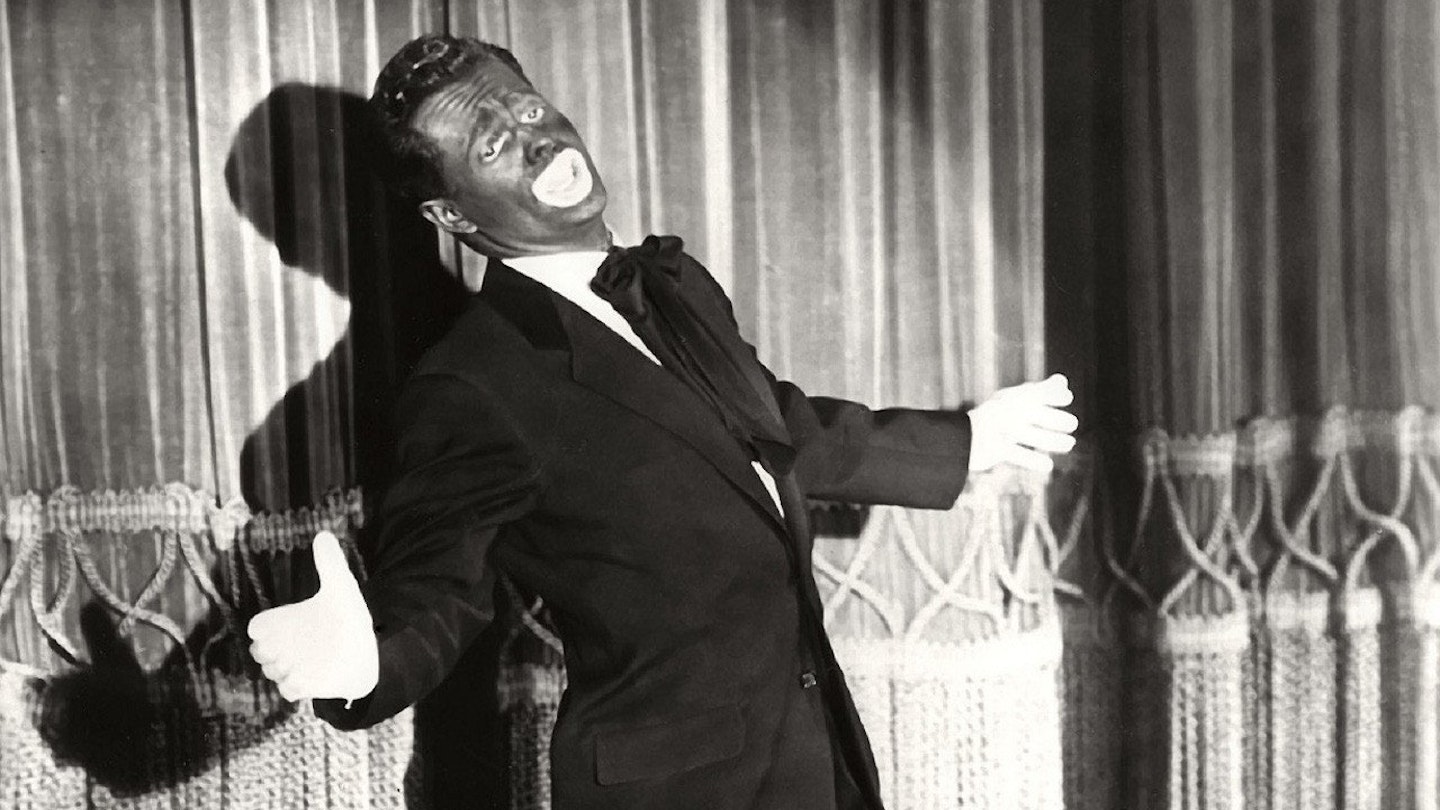Stephen Longstreet's screenplay for this landmark biopic owes more to The Jazz Singer than Al Jolson's real life. But this was never meant to be a warts`n'all portrait and Jolson's legendary egotism is airbrushed out to be replaced by an infectious geniality that made Julie Benson's decision to break up with him all the more agonising.
Yet, she is a construct character whose invention was necessitated by musical star Ruby Keeler's refusal to co-operate with a project that made such a mockery of her unhappy marriage. William Demarest's loyal sidekick, Steve Martin, is also a fiction, as was Tamara Shayne's mother (as the real Mrs Yoelson has died when Asa was a boy). However, their presence masks the absence of Jolson's other two wives and his adopted children.
Columbia boss and longtime fan, Harry Cohn splashed out on this impressive production, which packs in Jolson's greatest hits amongst the inaccuracies and untruths. The 60 year-old singer himself was desperate to take the title role and James Cagney was considered, in light of his Oscar-winning turn as vaudeville contemporary George M. Cohan in Yankee Doodle Dandy (1941). But producer Sidney Skolsky cast the little-known Larry Parks instead, although he wisely requested Jolson's assistance in capturing his mugging mannerisms and insisted on Joly providing the soundtrack, which was superbly arranged by Morris Stoloff.
Despite their physical dissimilarity, Jolson clearly approved of the choice and consented to a scene in Jolson Sings Again (1949), in which Parks meets himself during the biopic-making sequence. Even more divorced from fact than its predecessor (which grossed over $7.6 million and became the seventh most successful picture of the decade), the sequel became mired in the melancholia Jolson endured after the declamatory theatrics than made him a Broadway legend were replaced by the more relaxed crooning style. The overt patriotism of the wartime troop shows also ratcheted up the sentiment quotient, which was further glutinised by Jolson's romance with nurse Ellen Clark (Barbara Hale) - an à clef alias for Erle Galbraith. However, the dualogy still makes for magnificent entertainment.
